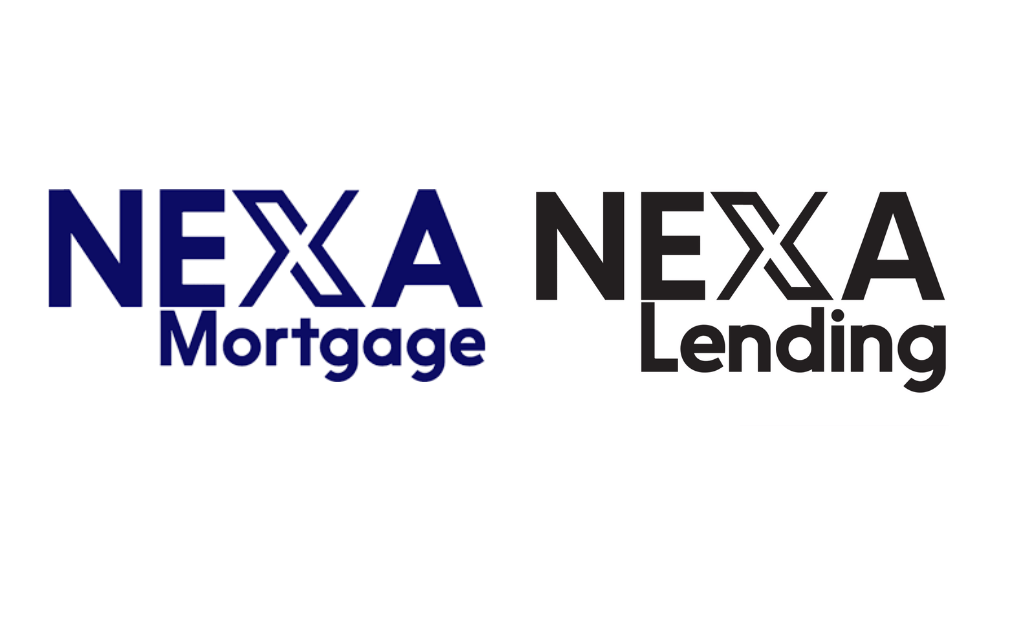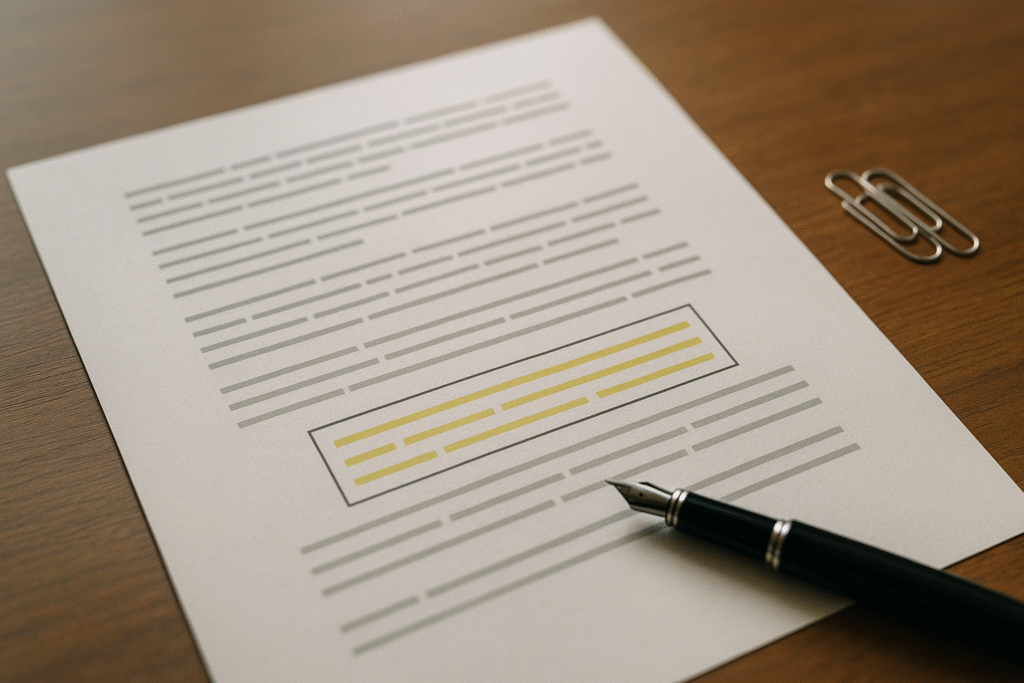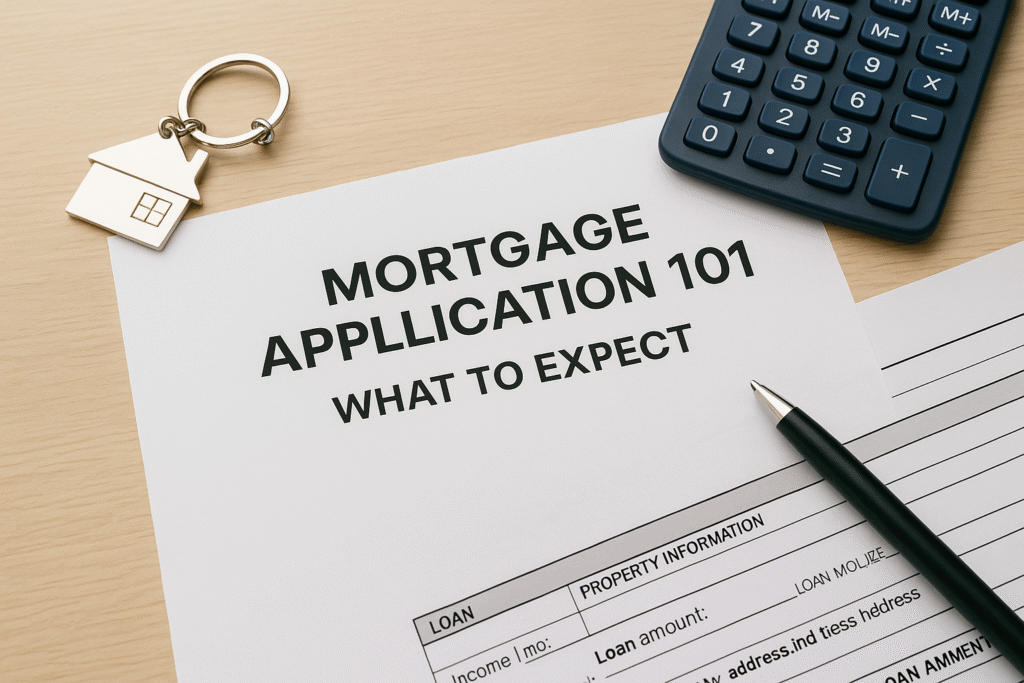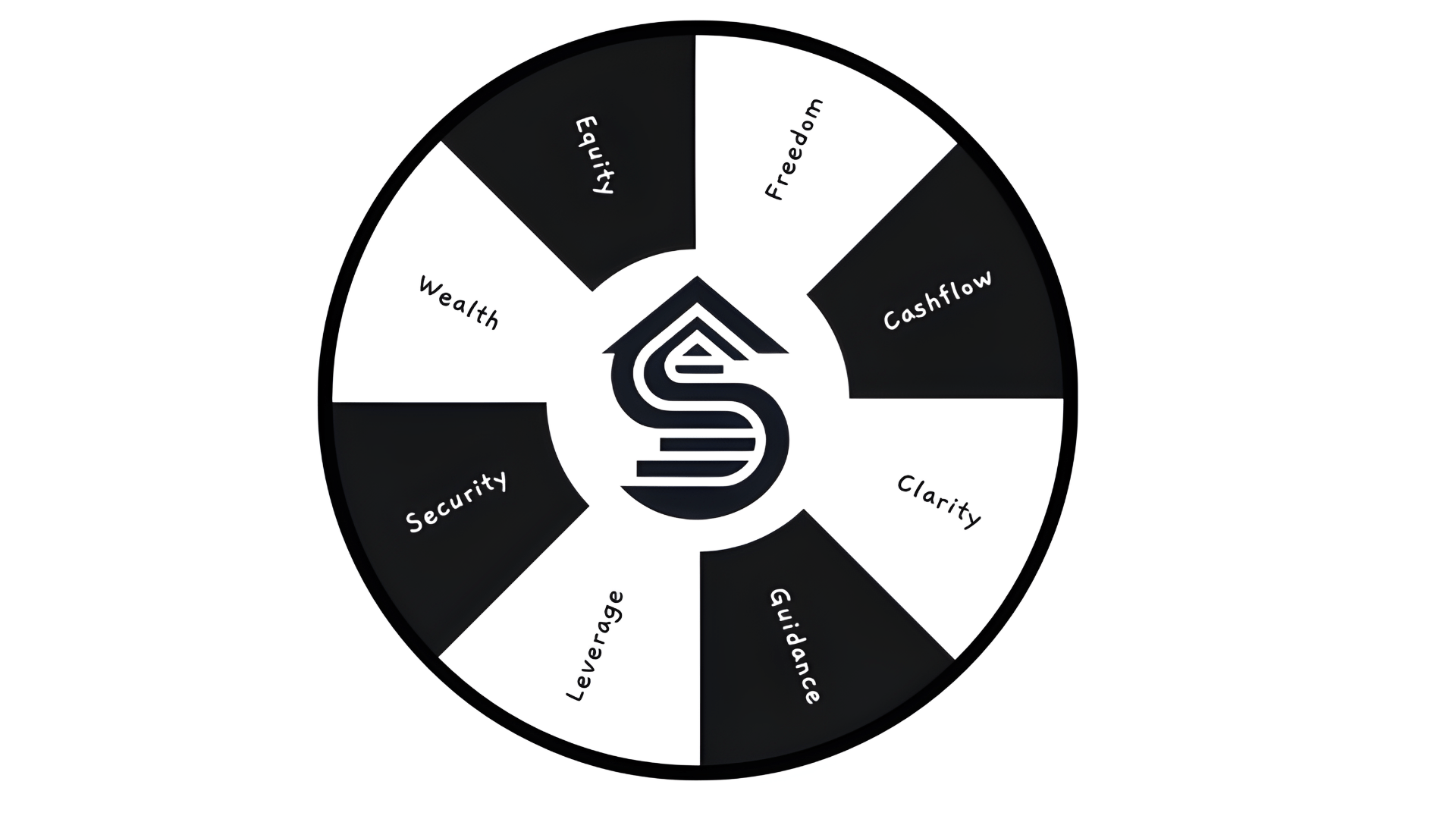NEXA Mortgage Becomes NEXA Lending: What Changed and What It Means for Loan Officers and Homebuyers
The mortgage industry watched with interest as the nation’s largest mortgage brokerage announced a major rebrand in October 2025. NEXA Mortgage—long known for championing the “Brokers Are Better” movement—rebranded as NEXA Lending and shifted its messaging from broker advocacy to wholesale lending.













